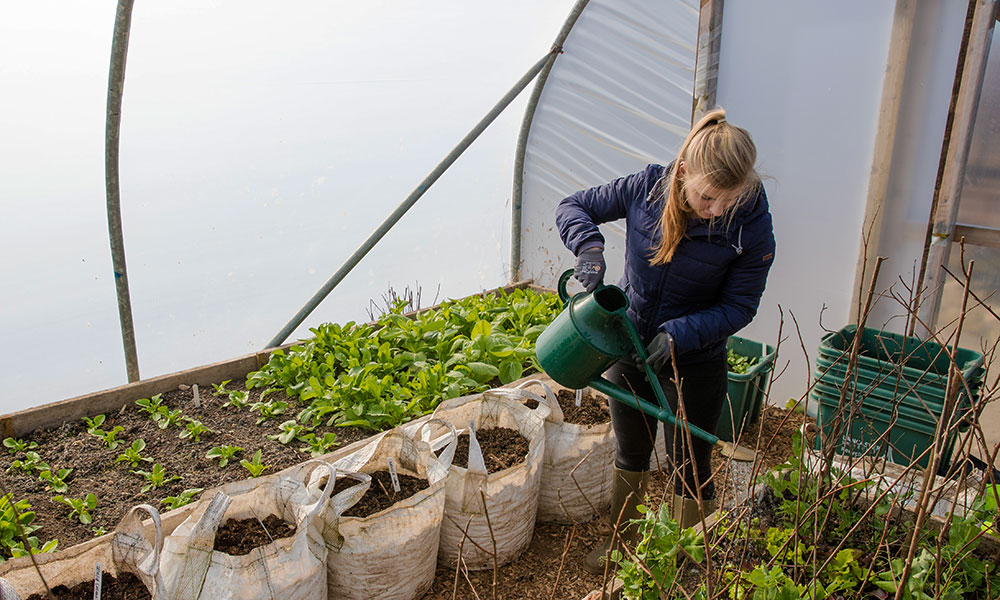
Goal 6 - Clean Water and Sanitation
Sustainable management of water and sanitation for all

Research
The University’s Lancaster Environment Centre has specific expertise in flood modelling and mitigation measures. Recent research into flood modelling and mitigation measures was included in a key report for the House of Lords on Natural Flood Mitigation schemes.
Led by at Lancaster University and the Freshwater Biological Association, the Big Windermere Survey is conducted every year to investigate water quality in Windermere, England’s largest natural lake. Water samples collected during the survey are analysed for the concentration of bacteria and of nutrients, including phosphorus.
A Lancaster University-led research project developing new technologies to remove dissolved carbon from drinking water has won £450,000 from The Water Services Regulation Authority (Ofwat) innovation competition. The researchers’ technology aims to remove more than 90 per cent of the dissolved organic compound from even the most polluted of waters, compared with around 70% removal using current methods.

Teaching
Water technologies
Our degree options run through The Lancaster Environment Centre, focus on teaching about global challenges such as climate change, sustainable development, resource provision, and natural hazards. For example, our Environmental Science degree has a module on Water Resources Management, that focuses on the technologies available to treat wastewater, the approaches used to assess chemical and biological water quality, and the links between agricultural and urban development and water quality.

Campus life
Water for all
Lancaster University is committed to making free drinking water accessible for students and staff and there are a number of water fountains across campus plus free tap water available in all our food outlets.

